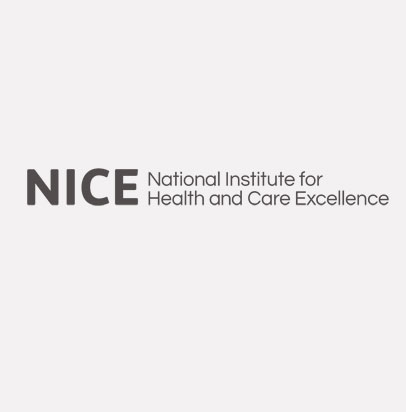'Outdated' NICE will deny cancer drug access, warn charities

Fifteen leading UK cancer charities have called on Prime Minister David Cameron to review the methods used by cost-effectiveness watchdog NICE (the National Institute for Health and Care Excellence), or otherwise face thousands of patients being denied clinically proven cancer drugs.
The head of the cancer charities have written an open letter to the Prime Minister, warning of 'deep concern' that leaving NICE's appraisal methodology unchanged will mean effective new cancer medicines will struggle to gain approval.
The warning has come now because the Cancer Drugs Fund is about to be re-launched next month and will become a new 'managed access fund' for drugs which fail to gain NICE approval.
The charities, which include Beating Bowel Cancer, Breast Cancer Now and Prostate Cancer UK, fear that alongside an unreformed NICE, the new CDF will see access to cancer drugs potentially grow worse, not better.
Mark Flannagan, chief executive of Beating Bowel Cancer said putting NICE back in the driving seat of the new CDF while it still uses outdated methods of drugs appraisal would "take us right back to the dark ages for cancer drugs funding."
Also due in June or July is the Accelerated Access Review (AAR), which is likely to include a special fast-track for a handful of the most promising drugs, devices and digital technologies.
However the AAR hasn't addressed NICE's quality-adjusted life year (QALY) methodology – a system which often finds cancer drugs too expensive for use on the NHS. As well as adjustments to the QALY and its current affordability threshold, charities – in common with pharma companies – want to see new approaches to pricing negotiation and 'risk sharing' to allow earlier access to cancer drugs.
There was an illustration of the problem only last week, when NICE rejected Bristol-Myers Squibb's Opdivo (nivolumab) for non-small cell lung cancer. The drug has been hailed as a 'breakthrough' for the condition, but NICE has now rejected the drug twice because of its high price and still immature data.
"We need a sustainable system, flexible enough to ensure that the best cancer drugs can routinely benefit NHS patients," The 15-charity coalition said. "Please do not allow the assessment of cancer drugs to be consigned to a last-century methodology."
Baroness Delyth Morgan, Chief Executive at Breast Cancer Now, said: "Not a single breast cancer drug has been considered cost-effective by NICE in the last seven years and this simply cannot continue. The voices of patients are, at best, not being heard, and, at worst, being ignored.
"With an anachronistic NICE system still unable to engage in price negotiation, it's inevitable that patients will not be able to access the clinically-proven medicines that could mean so much to them."
She added that Scotland's drug approval system is currently undergoing its second review in three years to ensure constant improvement to the processes, and called on NICE to undergo a similar review.
Mark Flannagan, Chief Executive at Beating Bowel Cancer, added: "Unless there is fundamental reform of the methods of deciding whether a cancer drug is cost effective enough for use on the NHS, hundreds of eligible people could be cruelly denied the best treatment options for their advanced cancer.
"These treatments will still be available for patients in much of the western world and it's a disgrace that patients in England are likely to be denied them."
The government and NHS England will be under pressure to make the new NICE and CDF system work. David Cameron personally authorised the creation of the original CDF, and will not want to see access to new cancer drugs go backwards, but the health service is struggling under huge financial strain, and at a time when more and more new treatments are reaching the market.










